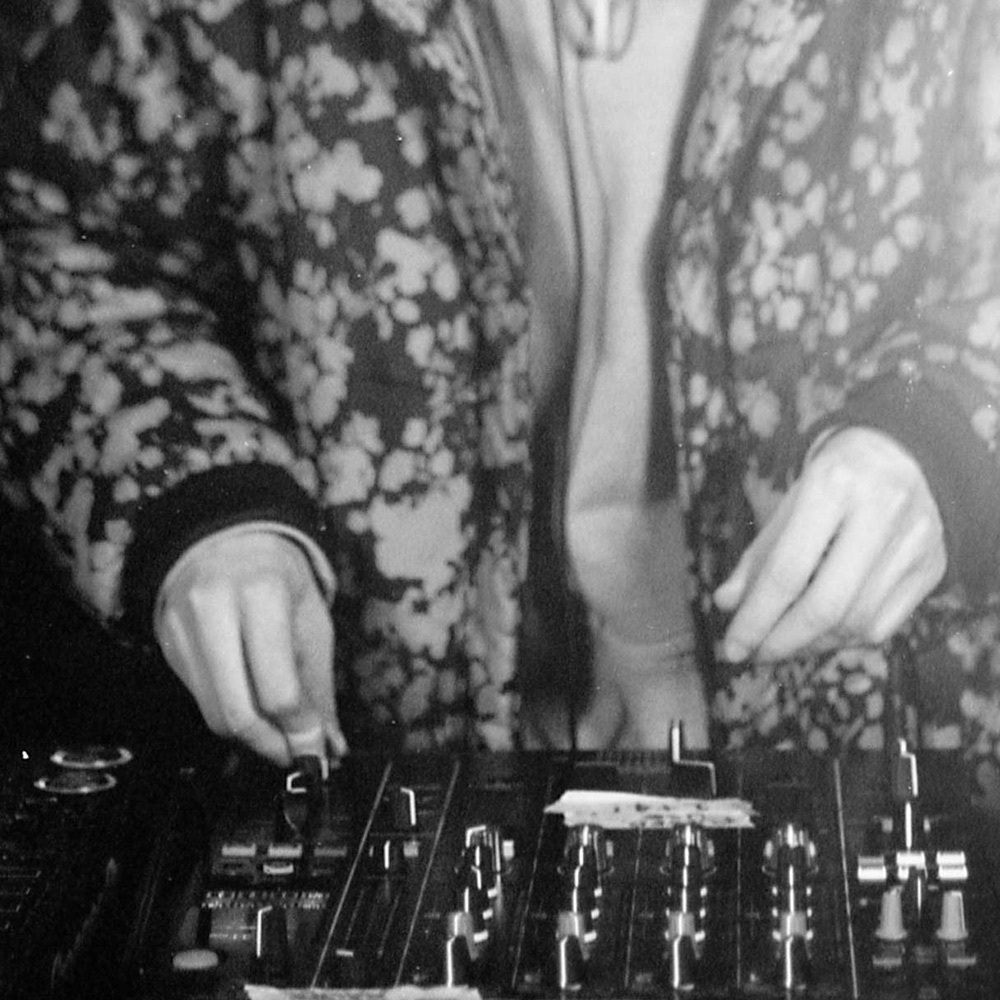
■ Features
London-based DJ and producer Dom Bishop (Debba) puts together a guide on how to prepare a DJ set list.
There’s plenty to consider when you’re putting together a mix. Every DJ will give you their own tips and advice on how to prepare a DJ set list - each of them right in their own way.
You’ll soon discover your own way of doing things, but for now, here’s my process for preparing for a DJ set (digital tracks only) - I hope you’ll find it useful.
You’ll hear DJs tell you that you don’t need to prep your set, that you should play to the crowd or to just ‘go with the flow’. With experience, you’ll find your prep time reduces drastically, and it’s true that you should always take into consideration the audience your mix will reach – but regardless of your experience, the more prep time you spend on putting a mix together, the more successful it will be.
Mixing blindly with zero knowledge of your tracks is a recipe for disaster, and who really has to know that you’ve taken time to think about it? Whether you have spent six weeks putting together a mix, or six hours, the audience will only notice what you play on the night. Get to know your tunes!
You’ll want to consider the general vibe of your mix and the audience that’ll be listening. Have you been asked to play a peak time slot at a big club? Are you spinning a few classics at your nan’s 70th? The audience you’re playing to will have a big effect on what makes a good DJ set.
Once you’ve sussed that out, this should hopefully give you an idea of the style of music you’ll be playing. It might sound obvious, but you’ll be surprised how many DJs play the music they want to play, without any consideration of who’s listening. It’s a two-way street remember – you need to find the balance of playing the music you like, that also suits the listeners.
There are plenty of places online to buy your music (both digital or physical) and most digital tracks are as little as a quid nowadays meaning there’s little excuse to not support the artists. Yes there are also a few immoral/illegal ways to access music for free, but supporting the artist is paramount in ensuring new talent continues to thrive and soundtrack our community.
Online stores such as Bandcamp, Beatport and Junodownload have thousands of digital tracks – each categorised by genre, artist, release date and even specialised mood playlists for various scenarios, making it incredibly easy to put together a cohesive track list.
A great way to find playlist ideas that I personally use to find tracks is the ‘related tracks’ function on both Soundcloud and Spotify. Find a song you like and use this function - it’s called ‘station’ on Soundcloud, ‘radio’ on Spotify - it’ll pull up a list of tracks that sound similar to the one you like. I’ve found a lot of amazing artists and tracks this way, and will then head to one of the sites to purchase the tracks!
When purchasing your tracks, be sure to subscribe to the artist or label page to keep up to date on new releases.
Bandcamp has a great feature that allows you to subscribe with your email, meaning every time a new track’s released I receive a link in my inbox. It’s also a great idea to create a separate email address for your music. You will no doubt miss some releases because your inbox is clogged up with UberEats discount codes, and while that sounds rather appealing - it makes your digging a bit of a faff…
So you’ve chosen the general vibe of your set, used the sites suggested to dig for tunes and found a list of tracks that you think suit perfectly. Now what?
There are various types of DJ playlist software. The one I prefer to use is Pioneer's rekordbox. Below, I'll explain how I build and organise my DJ playlists inside this DJ software.

And that’s it! Just remember – you can never prepare too much, and always consider the audience. If they’re not liking what you’re playing, you might need to reassess your track selection. But that all comes with experience, so don’t beat yourself up too much. Remember why you’re doing this, and try to enjoy yourself!
Feeling inspired? You can book one of Pirate's DJ studios in the UK, Ireland, US or Germany.
